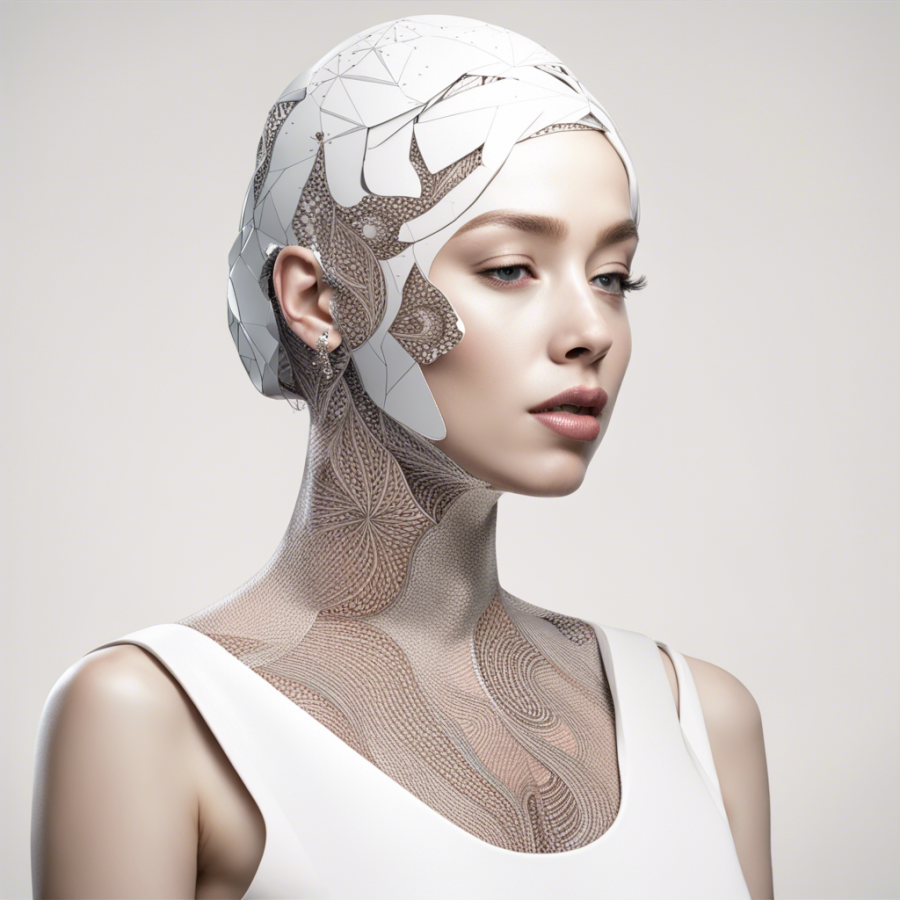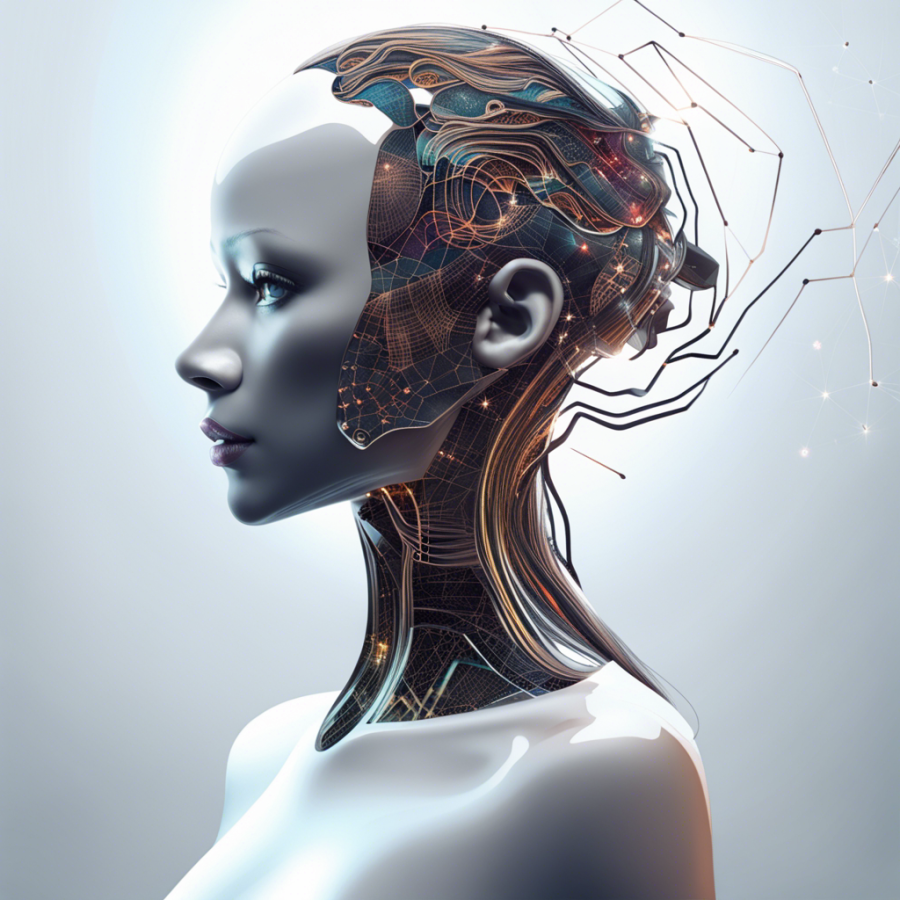Will generative AI and AI writers replace human jobs?
Once upon a time in the bustling city of Techville, there was a young writer named Zahara. Zahara had always been passionate about the written and dedicated countless hours honing her craft. She reveled in the ability to weave intricate stories and convey emotions through her writing. However, the rapid advancement of technology cast a shadow of uncertainty over her chosen profession.
The revolution of AI and machine learning brought with it powerful generative AI models, capable of producing human-like text with astounding accuracy. People began to wonder, "Will generative AI and AI writers replace human jobs?" This question echoed through the halls of universities, offices, and even in the minds of established writers like Zahara.
As the fear of job displacement loomed, Zahara found solace in an unlikely encounter with a wise old writer named Mr. Johnson. He had seen the rise of many technological advancements over the years and understood her concerns. Sitting by a crackling fireplace in his cozy study, Mr. Johnson shared a story of his own.
"Zahara," he began, "technology has always been a tool rather than a direct replacement for human ingenuity. Throughout history, we've seen inventions that were initially feared as job-destroyers, such as the automated loom or the printing press. Yet, these innovations ultimately opened doors to new possibilities, creating new jobs and transforming industries."
He continued, "While generative AI models may have the ability to produce text, they lack the human touch that comes from experience, emotion, and originality. Writing is an art form, an expression of the human soul. It requires empathy, creativity, and a deep understanding of the human condition. These are qualities that AI struggles to fully replicate."
Zahara listened intently, her eyes sparkling with curiosity. Mr. Johnson's words resonated within her, fostering a sense of hope and determination. She realized that technology could be seen as a tool for collaboration and inspiration, rather than a threat to her craft. This shift in perspective ignited a flame of excitement within her.
Mr. Johnson encouraged Zahara to embrace the changing world and adapt to the opportunities it presented. He shared stories of writers who had successfully integrated generative AI into their creative processes, using it as a springboard for inspiration and exploration. These writers saw the AI as a creative partner, leveraging its capabilities to fuel their own imagination and amplify their storytelling abilities.
Empowered by this new perspective, Zahara returned to her writing desk with newfound enthusiasm. She saw the potential of generative AI as a tool to enhance her creative output, streamline research, and explore novel writing techniques. Zahara understood that she possessed a unique combination of experiences, emotions, and artistic intuition that couldn't be replicated by AI alone. The generative AI became a trusted companion, helping her break through writer's block, generate new ideas, and amplify her voice.
Years passed, and Zahara became a renowned writer known for her ability to merge the best of generative AI assistance with her own unique storytelling prowess. She embraced the partnership between humans and AI, recognizing that their strengths were complementary. Zahara learned to navigate the fine balance between harnessing the capabilities of generative AI and infusing her work with her own personal touch.
In Techville, the question of whether generative AI and AI writers would replace human jobs remained, but Zahara's journey became a testament to the enduring significance of human creativity and expression. It proved that writers, armed with their invaluable experiences and emotions, could collaborate harmoniously with generative AI to create something truly extraordinary.
And so, as the sun set over the city, Zahara completed the final lines of her latest novel, her heart brimming with fulfillment and gratitude. She believed that the future held boundless possibilities for writers and their generative AI partners, a collaboration that would continue to inspire, captivate, and touch the hearts of readers for generations to come. Zahara knew that the essence of her craft would forever remain deeply rooted in the human spirit.






Comments (0)